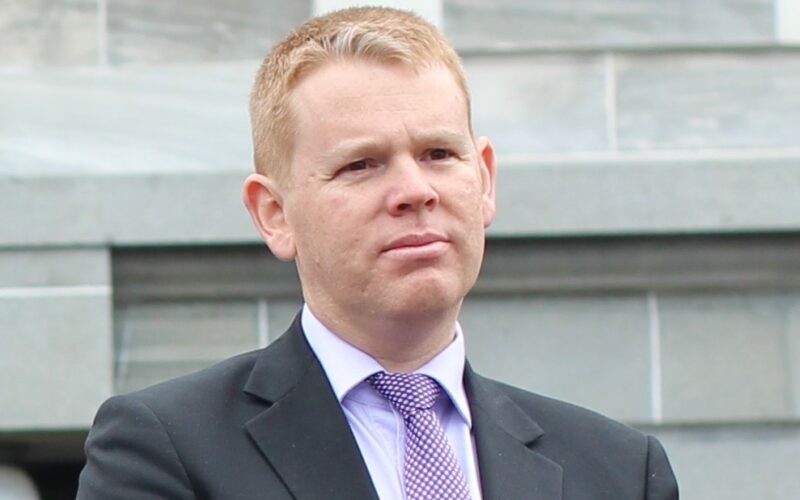The Labour Government’s political majority has altered the democratic and policy development processes, says an expert in governance and policy studies.
Dr Simon Chapple, a director of Victoria University’s Institute of Governance and Policy Studies, said the current government is using its Parliamentary majority to advance its policy agenda but he fears it is doing so at the expense of the democratic process and people’s trust in future governments.
“Without a political handbrake, good consultation processes have been absent,” he summarises.
“You consult with the public for two reasons: to get good facts and to bring people along and to make them feel included.”
While not privy to the processes followed for primary sector policies, Chapple cited other examples where he said the governments of Jacinda Ardern and Prime Minister Chris Hipkins have overridden the democratic process in pursuit of short-term policy gains.
The legacy will be an erosion of confidence in future governments.
“That is what we’ve been seeing.
“That body of trust is a good which is necessary for all future governments.”
He said the government is increasingly presenting the public with policy decisions rather than a series of options on which it then consults and decides which one to pursue.
This leaves public servants in the invidious position of having to defend and interpret policy that has not been thoroughly canvassed.
“Good public policy is about defining a problem, presenting a range of policies that could be put in place then assessing through public consultation the pros and cons to find the best option.”
The government’s proposed compulsory Income Insurance Scheme Bill is an example.
Over Christmas Chapple was one of 2500 people who made a submission – in his case a 40-page document – on the proposed unemployment insurance scheme.
The Christmas break was not appropriate for consulting on such a complex policy, but there was also the problem that submitters were given just one option to consider.
“It was an ill-defined problem. They had not identified the problem they were trying to solve.”
Chapple said the submissions were subsequently ignored.
Despite the opposition, the government employed a manager to run the still-to-be-approved agency and passed a bill under urgency to release $74 million to fund it.
“From my perspective that was little more than a two-fingered salute to the 2500 New Zealanders who made submissions,” Chapple said.
Hipkins subsequently deferred the policy to focus on soaring cost of living costs.
By short-cutting consultation, Chapple said, the government did not expose itself to the full range of information and facts held by those who have intimate knowledge on subjects.
It also risks the public dismissing consultation as little more than a box-ticking exercise.
Chapple said increasingly submissions are being viewed by governments and their officials as a popularity contest rather than a contribution of ideas and arguments to help create policy.
“They often treat summaries as counts, such as 40% against and 60% for.
“My point is that it’s the content that counts and I would argue that counts are not fact.”
Consultation is a central element of democracy and should open the minds of all sides and build trust and respect.
Timing of consultation and the time frame available for making submissions is by its nature short and often influenced by procedural factors – but it should be taken for granted.
“It is ordinary people taking time away from their families and their jobs to put pen to paper. We should honour these people.”






